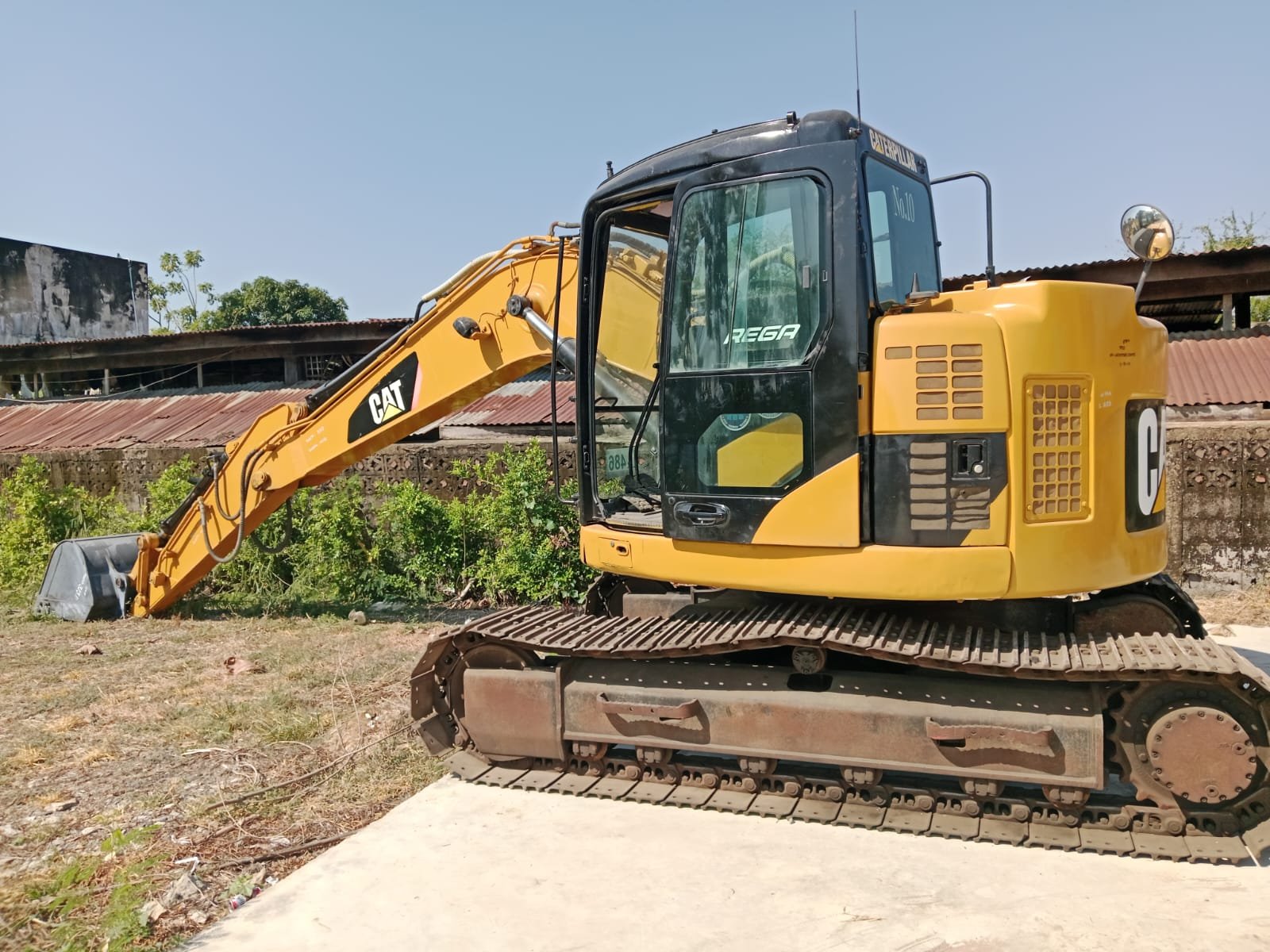Buying used machinery can be a smart way to save money while still getting reliable equipment. However, it’s crucial to do your due diligence to ensure you’re making a sound investment. Here’s how to determine if a used machine is truly worth buying:
1. Thoroughly Inspect the Machine:
- Visual Inspection: Look for signs of wear and tear, such as dents, scratches, rust, or leaks. Check for any signs of previous repairs or modifications.
- Functional Test: If possible, run the machine to assess its performance. Listen for unusual noises, check for smooth operation, and ensure all functions work as intended.
- Check Fluids: Inspect the levels and condition of fluids like oil, coolant, and hydraulic fluid.
2. Investigate the Machine’s History:
- Operating Hours: Inquire about the machine’s operating hours. This provides valuable insight into its usage and potential wear and tear.
- Maintenance Records: Request maintenance records to understand the machine’s service history. Regular maintenance indicates proper care and can extend the machine’s lifespan.
- Previous Owners: If possible, inquire about the previous owners and their experience with the machine.
3. Consider the Cost of Ownership:
- Purchase Price: Negotiate a fair price based on the machine’s condition, age, and operating hours.
- Transportation Costs: Factor in the cost of transporting the machine to your location.
- Potential Repairs: Consider the potential for future repairs and the availability of spare parts.
- Maintenance Costs: Estimate the ongoing costs of maintenance, including oil changes, filter replacements, and other routine upkeep.
4. Compare Prices:
- Research Similar Machines: Compare the price of the used machine to the prices of similar new and used models on the market.
- Consider Alternatives: Explore other options, such as leasing or renting equipment, to determine the most cost-effective solution for your needs.
5. Seek Expert Advice:
- Consult with a Mechanic: Have a qualified mechanic inspect the machine to assess its condition and identify any potential issues.
- Talk to Industry Professionals: Seek advice from experienced contractors or equipment dealers who can provide valuable insights.
6. Trust Your Gut:
- Don’t Rush the Decision: Take your time to carefully evaluate the machine and consider all factors before making a purchase.
- If Something Seems Off, Walk Away: If you have any doubts about the machine’s condition or the seller’s credibility, it’s best to look elsewhere.
By following these tips, you can increase your chances of making a wise investment in used machinery.
Disclaimer: This blog post is for informational purposes only and should not be considered financial or professional advice.


